Poor Man, The Literal Theme Of This Episode Was "confuse TF Out Of Marc", "make Marc Cry", "make Marc

Poor man, the literal theme of this episode was "confuse TF out of Marc", "make Marc cry", "make Marc cry some more", "why TF is Marc not crying yet again?", "If you won't, then I'll make Marc cry" and "because Marc just has to cry".
His whole story and trauma of it broken down and presented. It was a crucial episode.
I like the idea that both the identities were acknowledged as seperate conscious in the afterlife, like even the goddess was entirely confused about the whole alter business because humans have literally managed to advance almost all shit's to next level of course.
The fact that both Marc and Steven dutifully ignored the last coffin (aka Jake the cabbie, really just a baby) and so the scales never truly balanced and only balanced after Steven died? Like Marc just saw Steven die and the goddess is like "ohh, the scales balanced?". I was heartbroken to see Steven gone. So will be Layla.

Marc with his hands on his waist and literally stating flatly, "Bitch, we mental. Why else?"

The happiness that man felt about being dead rather than crazy won my heart, of course Marc- priorities. But still, to a man who's been broken in terms of mental space almost his whole life- that must have been to precious of clarity. His brother's death for which he blamed himself, his mother's hate, her violent abuse- both mental and physical, his trauma serving in military (from where he got discharged due to him often escaping into his fugue state- his mental disorder, the chaos causing him to be a liability for military), then as a mercenary (because that's apparently the only job he could get with what skills he had), then almost dying- like he literally was going to shoot himself to end the pain. Then killing in the name of protecting and delivering justice. Trauma, trauma, trauma.
And the way Marc believed that he chose his life as khonshu's avatar because he couldn't live like anything else but a killer- because that is what he always was (probably thinking of his brother, oh god).
Steven finally understood though that khonshu had manipulated Marc from the beginning.
Also, I think Jake knows of both Marc and Steven because he could kill the bitches who'd bother them, possibly because he knew of Marc's skills, like Steven could do shit when he realised he was Marc in a way, atleast with the physical abilities.
More Posts from Artemisthevirginhunter and Others
Python 3 Cheat Sheet | Resource ✎
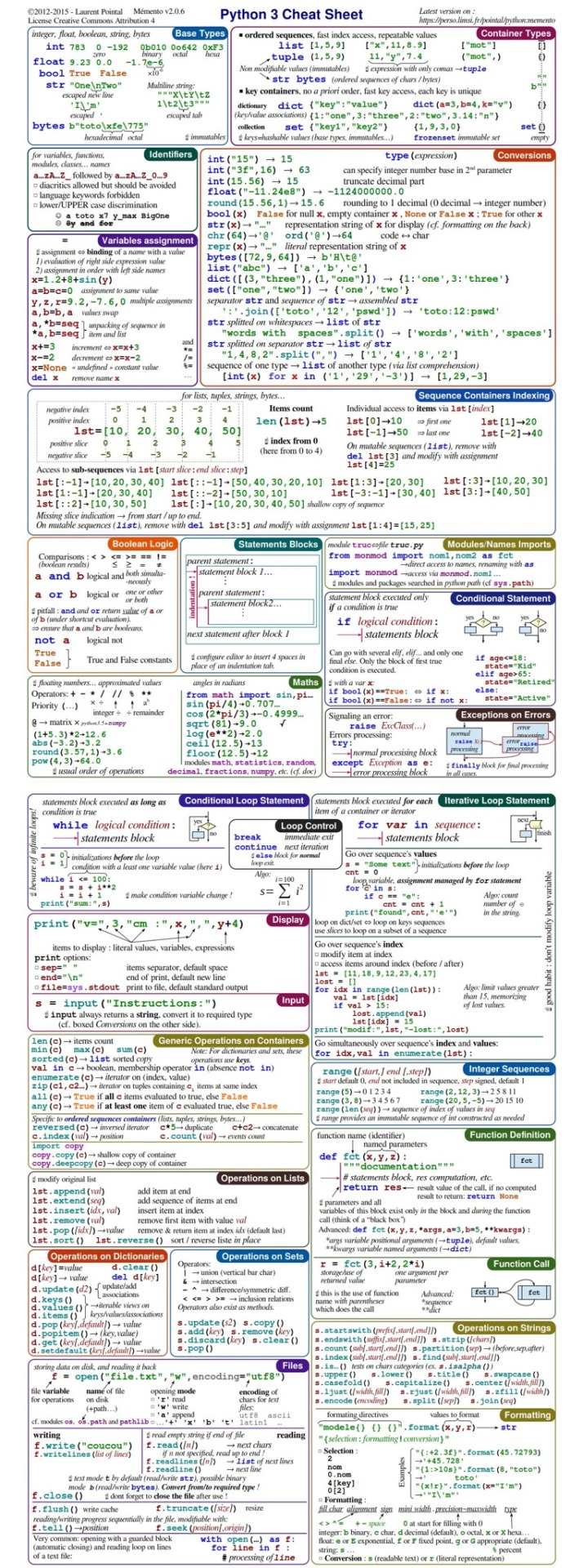
Link to source: Python 3 Basic Cheat Sheet
"One of the profound anxieties I have is that because I only have one life, I am temporally and geographically limited. I can’t live in Brighton and in Barcelona and in Brussels at the same time. I strain against my finitude and wish I could be everywhere.
Reading calms this restlessness and allows me to transcend my limits. This is why I’ve always loved novels with a sense of place. I feel that I know what it is like to grow up in Orhan Pamuk’s Istanbul, hang out in Donna Tartt’s Las Vegas, make a life in Tom Franklin’s Mississippi. When I wrote Berlin, I really wanted to give my readers that travelling experience: to place them in the city so that they would know the food, colours and smells, the strange and wonderfully disorienting social fabric of the place."
-Bea Setton; Author of"Berlin"




1x05 || 2x13


April 17th: studying rocket science is not too bad if you like it enough 🚀
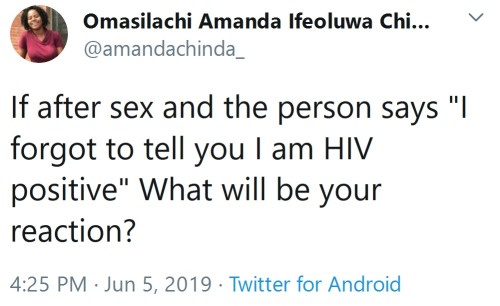


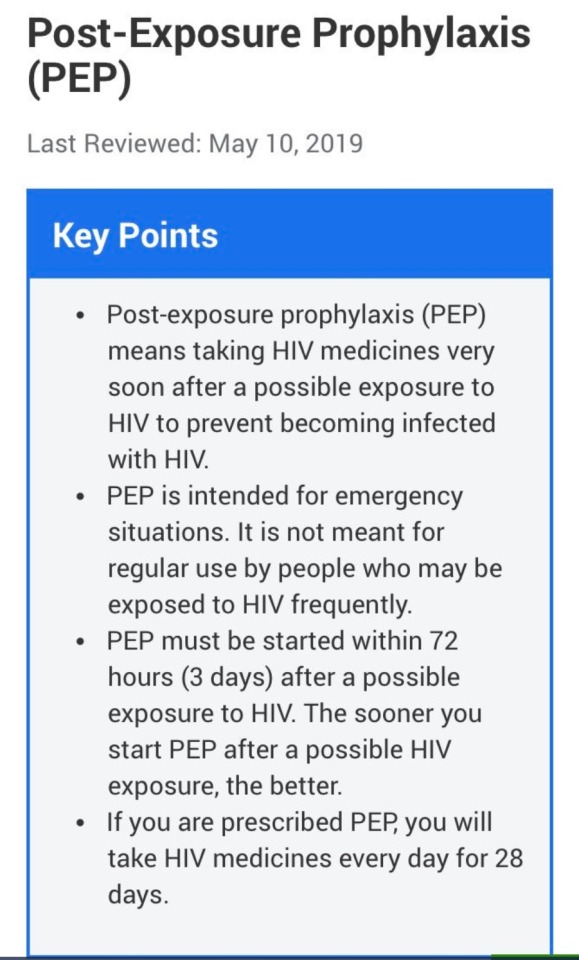

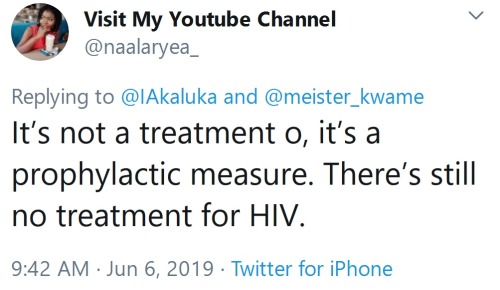
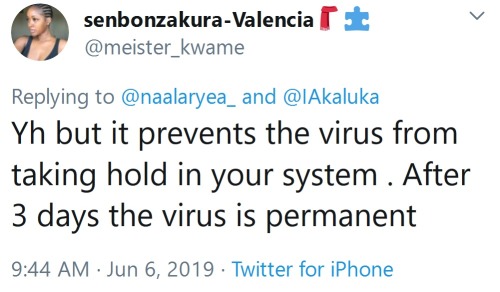
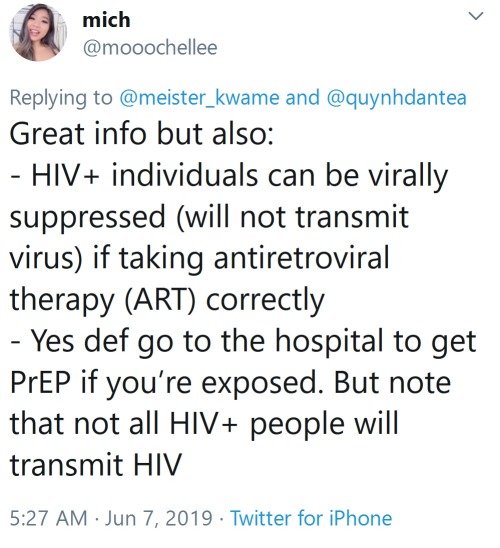
Weekend things.....


My new bodywash is fucking horny y'all 😭😭
I hate these days but here I am, living 'em again; inescapable reality....
What do you do when you don't feel like a person anymore? When all you feel like is an extension to everybody else's life? I like being needed most of the times, but I absolutely hate it in moments when I stop feeling like a fucking valid person anymore, when being needed absolutely fucks up with my personal progress, be it academic, psychological, physical or emotional. When people who need my help feel entitled to it and I feel too exhausted to even defend myself on that stand, when all I want to do is cry about it.







Lori Petty in Tank Girl (1995)
“It’s literally impossible to be a woman.
You are so beautiful, and so smart, and it kills me that you don't think you're good enough. Like, we have to always be extraordinary, but somehow, we're always doing it wrong?
You have to be thin, but not too thin, and you can never say you wanna be thin. You have to say you wanna be healthy, but also, you have to BE THIN.
You have to have money, but you can't ask for money because that's crass.
You have to be a boss, but you can't be mean.
You have to lead, but you can't squash other people's ideas.
You're supposed to love being a mother, but don't talk about your kids all the damn time.
You have to be a career woman, but also, always be looking out for other people.
You have to answer for men's bad behavior, which is INSANE, but if you point that out, you're accused of complaining!
You're supposed to stay pretty for men, but not so pretty that you tempt them too much or that you threaten other women because you're supposed to be a part of the sisterhood, but ALWAYS STAND OUT and ALWAYS BE GRATEFUL. But never forget that the system is rigged, so find a way to acknowledge that but ALSO, always be grateful!
You have to never get old. Never be rude. Never show off. Never be selfish. Never fall down. Never fail. Never show fear. Never get OUT OF LINE. It's too hard! It's too contradictory, and nobody gives you a medal or says 'thank you!' And it turns out, in fact, that not only are you doing everything wrong, but also, everything is your fault.
I'm just so tired of watching myself, and every single other woman tie herself into knots, so that people will like us.
And if all of that, is also true for a doll just representing a woman, then I don't even know." -Gloria the barbie movie
this is it. this is exactly it oh my god.
Images work a powerful effect on the mind. If we question in our hearts who we are, our minds throw up to our vision an image of ourselves. We seek a picture, a word, a name. We feel we do not know our own feelings unless they are named. And we inherit through culture the very names we give to feelings.
This power of culture over our lives is a power we study and recognize. Kenneth Boulding, a philosopher in the sociology of knowledge, writes: "persons themselves are to a considerable extent what their images make them." And he follows this with another insight, which should be terrifying when we consider the images of men and women in pornography and in the pornographic sensibility. He writes: "people tend to remake themselves in the image which other people have of them."
The philosopher of language Wittgenstein gives us a similar insight. He writes: "The child learns to believe a host of things, i.e., it learns to act according to these beliefs. Bit by bit there forms a system of what is believed, and in that system some things stand unshakably fast and some are more or less liable to shift. What stands fast does so, not because it is intrinsically obvious or convincing; it is rather held fast by what lies around."
This relationship between culture and event has tragic consequences in our lives. In 1972, for example, the surgeon general's report on images of violence on television suggested that a causal relationship exists between an exposure to television violence and a child's participation in more aggressive behavior. For culture and event become one another. In the early twentieth century, a magazine publishes a photograph of a real event, a photograph of a woman political activist being tortured by the czarist police. Now this event, through its publication as a photograph, has become culture. And a young man buys this photograph. He stares at it. He becomes obsessed with it. Later he imagines that he is torturing a woman who has rejected him in the same fashion as this photograph depicts. Finally he actuates these fantasies in ritual tortures as a sadomasochist. (We read of his life after he becomes a patient of Wilhelm Stekel.) He makes culture actual.
By this transformation from image to act and act to image, we become imprisoned in a world of mirrors. For we cease to be able to tell illusion from actuality or to distinguish our own natures from the nature we are imagined to have. Thus if we are unhappy, we can find no way out of our dilemma, no door leading us into another world than this world of mirrors. In one mirror we see a photograph of a woman who is tortured. This may be a fictional pose. Or it may be a newspaper reporting an actual event. Or we may witness this event in our own lives. So, gradually, we cease to be able to imagine ourselves as otherwise. Every reflection we see tells us that only cruelty is possi-ble. That violence is inevitable. We are trapped by our own minds.
In this way culture becomes like a web that is invisible to our eyes, made up strand by strand of image and word, each strand becoming more powerful through the existence of the other strands. But we do not see any of the strands. We do not examine our assumptions, our choices, our decisions: Rather, they fade into the background for us. And we confuse them with ourselves and with nature.
So if an image turns into an act, we do not perceive this transformation as having taken place. Rather, we say to ourselves that the image has accurately predicted the future. And if a pornographic fantasy becomes an event, we say that pornography has truthfully portrayed sexuality. And finally, when we read that a man is convicted of kidnapping and "brutally" murdering an adolescent girl "to fulfill a bizarre sexual fantasy," we do not come to understand that the pornographic imagination can lead to actual murder. We do not suspect, as we ought to suspect, that pornography endangers our lives.
-Susan Griffin, Pornography and Silence: Culture’s Revenge Against Nature
-
 starscream01 liked this · 1 year ago
starscream01 liked this · 1 year ago -
 peterharpertodd liked this · 2 years ago
peterharpertodd liked this · 2 years ago -
 quill-wort liked this · 2 years ago
quill-wort liked this · 2 years ago -
 llamas-my-spirit liked this · 2 years ago
llamas-my-spirit liked this · 2 years ago -
 crazyforcosmere liked this · 2 years ago
crazyforcosmere liked this · 2 years ago -
 milady-motherfucker liked this · 2 years ago
milady-motherfucker liked this · 2 years ago -
 chlorinatedtoast liked this · 3 years ago
chlorinatedtoast liked this · 3 years ago -
 parigig liked this · 3 years ago
parigig liked this · 3 years ago -
 vidduality liked this · 3 years ago
vidduality liked this · 3 years ago -
 optimisticluminarywasteland liked this · 3 years ago
optimisticluminarywasteland liked this · 3 years ago -
 loveofmarveldcvertigo reblogged this · 3 years ago
loveofmarveldcvertigo reblogged this · 3 years ago -
 marvelsgirl616 liked this · 3 years ago
marvelsgirl616 liked this · 3 years ago -
 imaginationfromyou liked this · 3 years ago
imaginationfromyou liked this · 3 years ago -
 nostalgic-gay liked this · 3 years ago
nostalgic-gay liked this · 3 years ago -
 prncssguya liked this · 3 years ago
prncssguya liked this · 3 years ago -
 c-guard liked this · 3 years ago
c-guard liked this · 3 years ago -
 measureoflove liked this · 3 years ago
measureoflove liked this · 3 years ago -
 thenorthernlytes liked this · 3 years ago
thenorthernlytes liked this · 3 years ago -
 caffeinequeensposts liked this · 3 years ago
caffeinequeensposts liked this · 3 years ago -
 quarternhalflifecrisis liked this · 3 years ago
quarternhalflifecrisis liked this · 3 years ago -
 nova-reaper-universe liked this · 3 years ago
nova-reaper-universe liked this · 3 years ago -
 artemisthevirginhunter reblogged this · 3 years ago
artemisthevirginhunter reblogged this · 3 years ago -
 19ssann99 reblogged this · 3 years ago
19ssann99 reblogged this · 3 years ago -
 artemisthevirginhunter reblogged this · 3 years ago
artemisthevirginhunter reblogged this · 3 years ago -
 thechesiremistress liked this · 3 years ago
thechesiremistress liked this · 3 years ago -
 acesartscape liked this · 3 years ago
acesartscape liked this · 3 years ago -
 19ssann99 reblogged this · 3 years ago
19ssann99 reblogged this · 3 years ago -
 lovie-dovie-angel reblogged this · 3 years ago
lovie-dovie-angel reblogged this · 3 years ago -
 madeofstar-dust liked this · 3 years ago
madeofstar-dust liked this · 3 years ago -
 blackteawithmelodrama liked this · 3 years ago
blackteawithmelodrama liked this · 3 years ago -
 brave-fern reblogged this · 3 years ago
brave-fern reblogged this · 3 years ago -
 brave-fern liked this · 3 years ago
brave-fern liked this · 3 years ago -
 artemisthevirginhunter liked this · 3 years ago
artemisthevirginhunter liked this · 3 years ago -
 threeinred liked this · 3 years ago
threeinred liked this · 3 years ago -
 artemisthevirginhunter reblogged this · 3 years ago
artemisthevirginhunter reblogged this · 3 years ago
